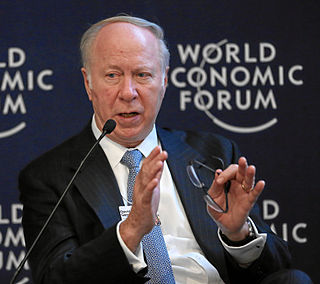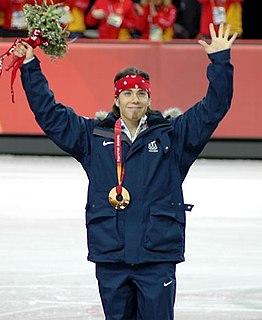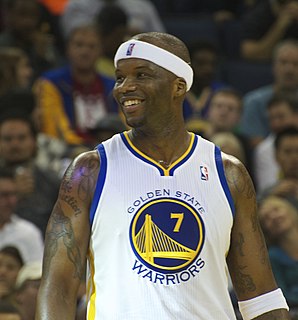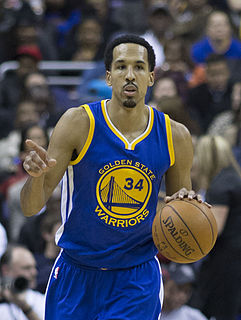A Quote by Liz Cambage
I think it's come to a point in society where brands are changing and they like people and public figures and athletes who have something to say and take a stance on issues.
Related Quotes
I'm a part of the GOP and let me tell you what my stance is. My stance is that, we the people have the responsibility to take care of the indigent in our society. It's not the government's job. You can read the Constitution all you want, it never says that it is the government's job and I think where we've gotten confused.
I think in general, people look at all Olympic athletes, look at all superstar athletes, and they say, "Okay, this guy doesn't have any insecurities." They're almost like these icons who - I don't know how to say it, but like they can't make mistakes. But the reality is, and I'll tell you this firsthand, a lot of great athletes have a lot of insecurities, and they have a really hard time dealing with a lot of so-called losing or however you want to classify it.
I think, at some level, we see young people all over the country mobilizing around different issues, in which they're doing something that I haven't seen for a long time. And that is, they're linking issues together. You can't talk about police violence without talking about the militarization of society in general. You can't talk about the assault on public education unless you talk about the way in which capitalism defunds all public goods. You can't talk about the prison system without talking about widespread racism. You can't do that. They're making those connections.
In many respects, we now live in a society that is only formally democratic, as the great mass of citizens have minimal say on the major public issues of the day, and such issues are scarcely debated at all in any meaningful sense in the electoral arena. In our society, corporations and the wealthy enjoy a power every bit as immense as that assumed to have been enjoyed by the lords and royalty of feudal times.
The writer must always leave room for the characters to grow and change. If you move your characters from plot point to plot point, like painting by the numbers, they often remain stick figures. They will never take on a life of their own. The most exciting thing is when you find a character doing something surprising or unplanned. Like a character saying to me: ‘Hey, Richard, you may think I work for you, but I don’t. I’m my own person.’


































